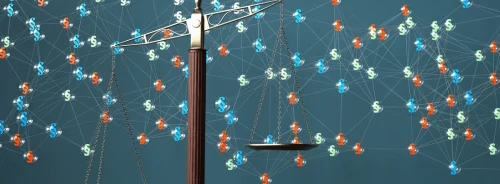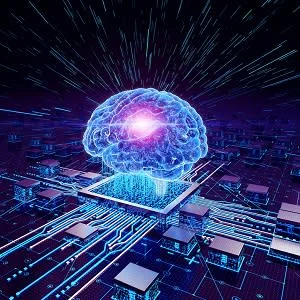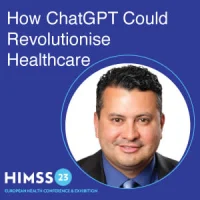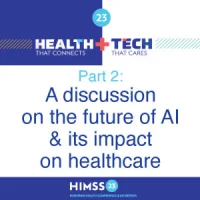ChatGPT and generative AI will continue to play a larger role in the clinical space.
However, this does not imply that ChatGPT will be diagnosing every disease for every patient. Instead, it may be able to develop a clinical note before an outpatient visit, or manage transition of care so that manual tasks can be completed much more efficiently. Generative AI is already making progress for organsiations by eliminating the time-consuming tasks that prevent medical teams from focusing on more value-added objectives.
Clinicians and healthcare workers need more relief from information and administrative overload. However, in order for generative AI to help adequately, you need to upskill your staff, technology, and operational clinical staff so that they can help design the strategy and learn to work efficiently alongside machines. Whilst generative AI is poised as a viable solution to tackle the workforce challenges, the output accuracy is very much dependent on the quality of the datasets used to train them.
AI can improve healthcare workers ability to better manage capacity planning and resources. AI helps clinicians with remote patient monitoring; by providing real-time data analysis and alerts, healthcare providers can quickly intervene to prevent complications. Generative AI can also assist in the acute care space by quickly assisting doctors in making accurate and informed diagnoses. For example, it can help with sepsis detection by analysing vast amounts of biomedical literature related to sepsis to identify patterns, and helping to quickly identify targets for intervention.
Doctors are typically concerned with making decisions concerning proactive discharge planning, whether a patient should be transitioned to another care setting or whether they require specialised medical care. Generative AI can scan patient records and lab results and make recommendations to help improve decision-making.
Source: HIMMS TV
Image Credit: iStock










